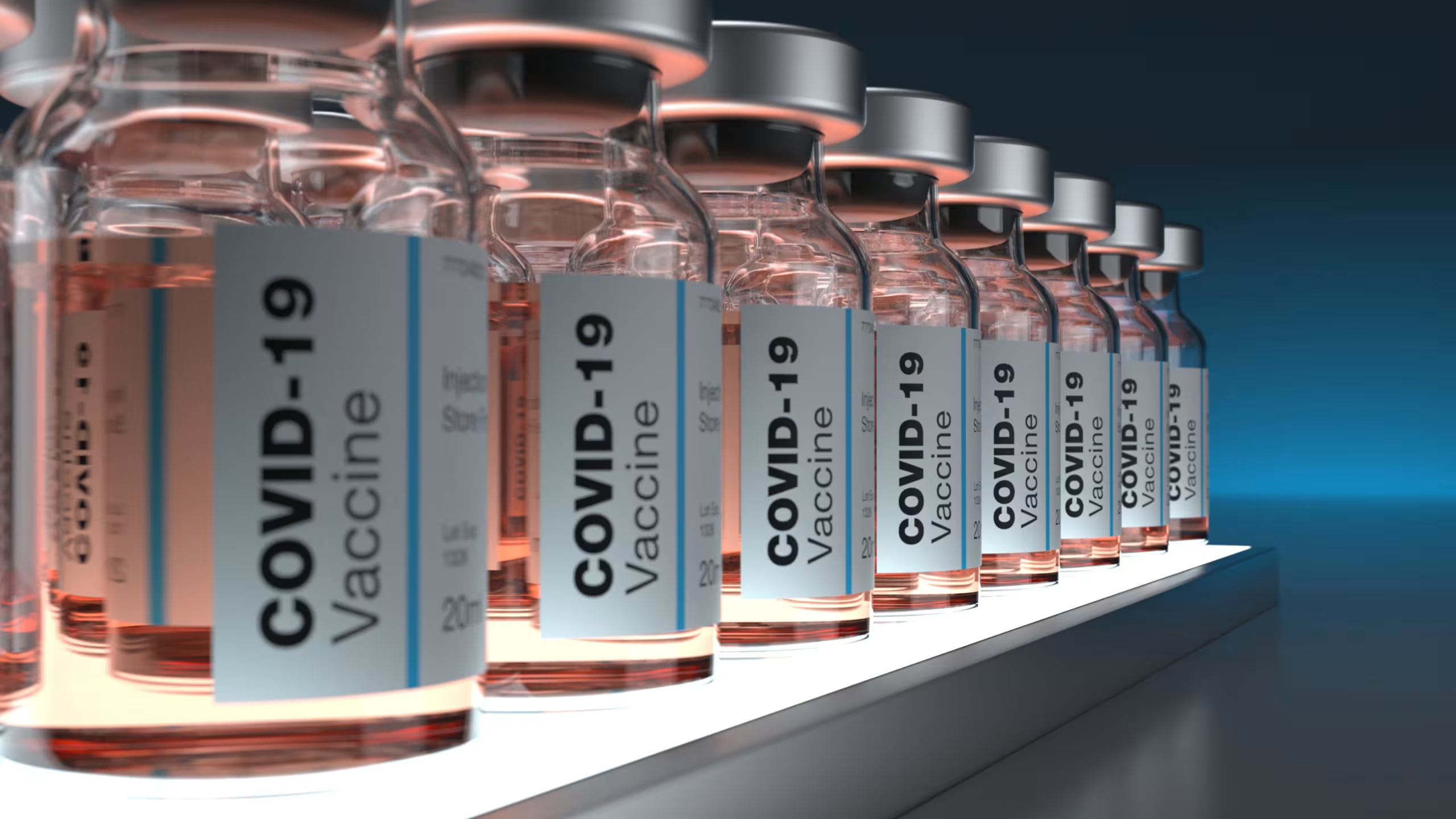COVID-19 vaccines coronary heart myocarditis caution has been making headlines again—this time the FDA has up-to-date respectable vaccine labels for Pfizer and Moderna with expanded language about rare coronary heart-related aspect effects. Let’s unpack what this means, why it topics, and the way to technique vaccination with self-assurance.
COVID-19 Vaccines heart myocarditis warning – FDA label update and key facts
In late June 2025, the U.S. Food and Drug Administration (FDA) formally multiplied warnings on the mRNA COVID-19 vaccines—from Pfizer and Moderna—concerning myocarditis, which is inflammation of the heart muscle. Key data now included:
- 8 cases per 1 million doses administered for the 2023–2024 vaccines in those aged 6 months to 64 years old
- The highest incidence was in males aged 12–24, shifting from the previous age group of 12–1
Despite the update, the FDA stressed that myocarditis following vaccination is rare and generally mild.
Understanding myocarditis—a usually mild, temporary condition
Myocarditis, defined as inflammation of the heart muscle, typically resolves with rest and treatment. This aligns with FDA statements and CDC clinical guidance. The British Heart Foundation also notes that most vaccine-related heart inflammation cases are mild, with complete recovery in weeks to months.
In fact:
- CDC studies show the vast majority of cases recover quickly without serious complications.
- The risk of myocarditis after COVID-19 infection is higher than after vaccination.
Vaccine vs. infection — risk comparison
Multiple studies comparing risks show:
- Myocarditis incidence post-vaccination = approximately 1–5 cases per 100,000 doses (highest in young males.
- Risk after actual COVID infection is significantly higher, estimated at up to 11x greater, with more severe outcomes.
In short, although the risk is real, it is small and much lower than the risk posed by COVID itself.
Why the FDA expanded the warning—and expert concerns
The FDA directed vaccine manufacturers in April 2025 to add this expanded warning to ensure transparency and inform all age groups from infancy to 64. However, some public health experts argue that:
- The expanded label may conflict with CDC monitoring data, which hasn’t shown increased risk since 2022.
- Resources would be better used to identify individuals at higher risk of myocarditis, not to broaden warning labels across the board.
Dr. Robert Morris of the University of Washington emphasized that refining risk screening could be a more productive strategy.
CDC guidance and public health recommendations
The Centers for Disease Control and Prevention (CDC) continues to recommend COVID-19 vaccination for everyone aged six months or older. Their guidance highlights:
- The importance of reporting any myocarditis or pericarditis symptoms after vaccination
- Tracking chest pain, palpitations, or shortness of breath, especially in adolescents and young adults
- Most individuals recover quickly with proper treatment.
Thus, while the label change adds transparency, public health authorities emphasize that the benefits far outweigh the risks.
What this means for parents, teens, and young adults
If you or your child falls in the 12–24 male age group, here’s what to know:
- Risk is low – only ~8 per million doses recently.
- Symptoms appear quickly, usually within a week of vaccination.
- Symptoms to watch – chest pain, rapid heartbeat, difficulty breathing
- Seek medical care immediately if symptoms occur—an ECG, blood tests, and cardiac evaluation may be advised.
- Insurance policy – avoid COVID itself, which raises myocarditis and clot risks much more
Working with a healthcare provider allows cautious individuals to make informed choices about timing, dosage, and monitoring.
Final thoughts – balancing transparency with confidence
The COVID-19 vaccine’s heart myocarditis warning underscores the FDA’s commitment to transparency. It’s a good development, but it’s also vital to remember:
- The condition is very rare and usually mild.
- The benefits of preventing COVID-19 infections, hospitalizations, and deaths are far greater.
- COVID infection itself carries much higher cardiovascular risks
Staying informed, watching for signs and symptoms, and following clinical guidance ensures safe vaccination whilst defending yourself and your loved ones. The updated label does not mean that vaccination is dangerous – it gives you the right to express your wish with full information and confidence.



